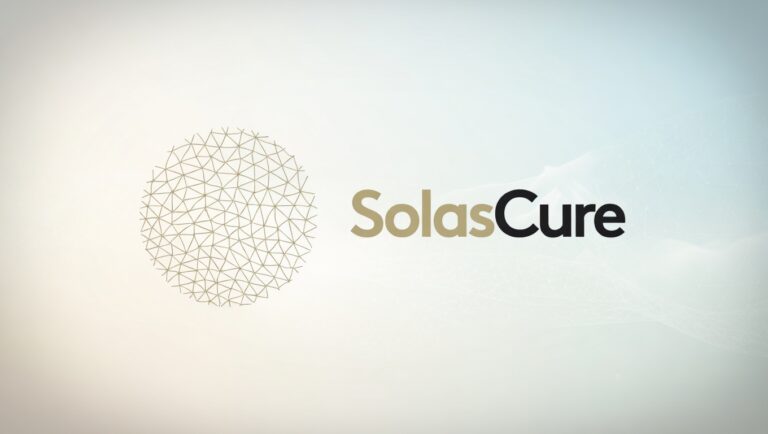
ReAlta Life Sciences, Inc. (“ReAlta”), a clinical-stage biopharmaceutical company focused on rebalancing the inflammatory response to treat rare and acute inflammatory diseases, announced promising preclinical data for its lead asset, RLS-0071 (pegtarazimod), in acute Graft-versus-Host Disease (aGVHD). These findings will be showcased in a poster session at the 66th American Society of Hematology (ASH) Annual Meeting & Exposition in San Diego, California.
ReAlta Life Sciences, Inc. announced promising preclinical results for its lead drug candidate, RLS-0071 (pegtarazimod), in the treatment of acute Graft-versus-Host Disease (aGVHD), a serious condition following bone marrow or stem cell transplants. The research, conducted in Dr. Robert Zeiser’s lab at the University of Freiburg, demonstrated that pegtarazimod significantly increased survival rates in multiple mouse models of aGVHD. The study showed that pegtarazimod was effective both preventively and as an early treatment. In prevention models using an MHC-mismatch model, treatment with pegtarazimod from Days 0-7 improved survival to Day 60 compared to vehicle control. Early intervention with pegtarazimod initiated on Day 7 also resulted in significantly improved survival in mice developing aGVHD.
Dr. Zeiser, a professor at the University of Freiburg, noted that the results emphasize pegtarazimod’s effectiveness in both prevention and early intervention. He highlighted the drug’s protective effects on intestinal tissue, which plays a major role in aGVHD-related mortality. The study found that pegtarazimod reduced levels of myeloperoxidase (MPO) and neutrophil elastase by about 50%, indicating reduced neutrophil activation and inflammation. Prior research by Dr. Zeiser’s group showed that neutrophils contribute significantly to GVHD in animal models, supporting the relevance of these findings.
Further analysis revealed that pegtarazimod treatment led to significant reductions in various inflammatory markers such as TNF, IL-1β, and MCP-1/CCL2 in splenic neutrophils. In lab-grown intestinal tissue (organoids), the treatment showed notable protective effects under inflammatory conditions. Pegtarazimod improved cell viability by approximately 40% and reduced cell damage by 25%, as indicated by lactate dehydrogenase (LDH) release, a marker of cell death. Histological analysis also revealed reduced GVHD severity in multiple organs, especially the colon, liver, and small intestine.
Paolo Martini, Ph.D., Chief Research and Development Officer of ReAlta, commented on the unique dual mechanism of pegtarazimod, which targets both complement and neutrophil-mediated inflammation at the most destructive stages of the inflammatory process. The preclinical findings reinforce the drug’s potential to address the unmet medical need in aGVHD.
ReAlta is currently enrolling patients in a Phase 2, open-label clinical trial of RLS-0071 for steroid-refractory aGVHD at clinical sites across the United States, Germany, and Spain.
About ReAlta Life Sciences
ReAlta Life Sciences, Inc. is a clinical-stage biopharmaceutical company focused on developing therapies that rebalance the inflammatory response to treat rare and acute diseases. The company’s EPICC peptide platform leverages unique discoveries related to human astrovirus to target complement and neutrophil-driven inflammatory mechanisms. RLS-0071 (pegtarazimod), the company’s lead asset, has received Orphan Drug Designation and Fast Track Designation from the FDA for aGVHD and other conditions. ReAlta is based in Norfolk, Virginia, and Aguadilla, Puerto Rico.




